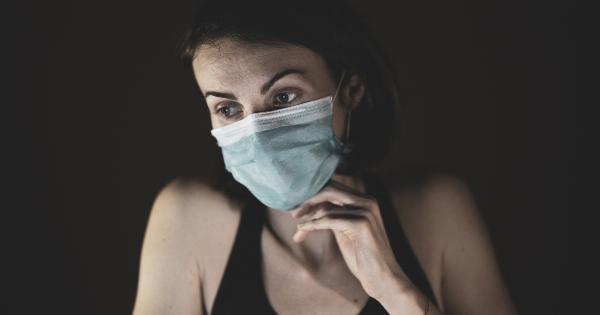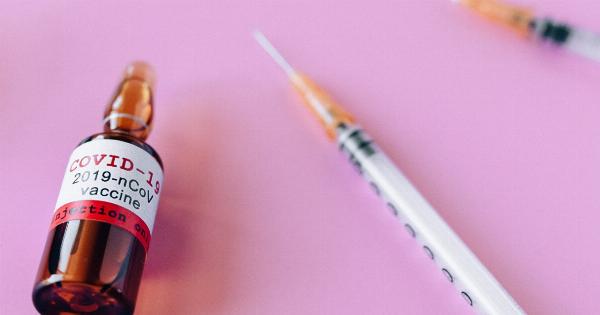The seasonal flu has taken a deadly turn this year, with nine people confirmed dead in just the first few weeks of the flu season.
According to the Centers for Disease Control and Prevention, this year’s strain of the flu is particularly aggressive, and health officials are urging everyone to take precautions to avoid getting sick.
What is the Seasonal Flu?
The seasonal flu, also known as influenza, is a contagious respiratory illness caused by flu viruses. It typically spreads from person to person through coughing and sneezing, or by touching contaminated surfaces.
Symptoms usually include fever, cough, sore throat, fatigue, body aches, and chills. Most people who get the flu recover within a few days to two weeks, but for some people, it can lead to severe complications, such as pneumonia, bronchitis, and even death.
Who is at Risk?
Anyone can get the flu, but certain groups of people are at higher risk for complications. These include:.
- Young children
- Elderly adults
- Pregnant women
- People with weakened immune systems
- People with chronic medical conditions, such as asthma, diabetes, and heart disease
Prevention
The best way to prevent the flu is to get vaccinated every year. The flu vaccine is recommended for everyone over the age of 6 months, especially those who are at higher risk for complications.
In addition to getting vaccinated, here are some other ways to prevent the spread of the flu:.
- Wash your hands frequently with soap and water, or use an alcohol-based hand sanitizer
- Cover your coughs and sneezes with a tissue or your elbow
- Avoid close contact with people who are sick
- Stay home from work or school if you are sick
What to Do if You Get Sick
If you do get sick with the flu, there are several things you can do to help reduce your symptoms and prevent the spread of the virus:.
- Stay home and rest
- Drink plenty of fluids to stay hydrated
- Take over-the-counter medications like acetaminophen or ibuprofen to reduce fever and relieve aches and pains
- Use a humidifier to help ease congestion
- Avoid close contact with others to prevent the spread of the virus
Conclusion
The seasonal flu is a serious illness that can lead to severe complications, especially in high-risk groups. The best way to avoid getting sick is to get vaccinated and practice good hygiene habits.
If you do get sick, stay home and take steps to reduce your symptoms and prevent the spread of the virus. With the flu season still in full swing, it’s important to take these precautions seriously and protect yourself and those around you.

























